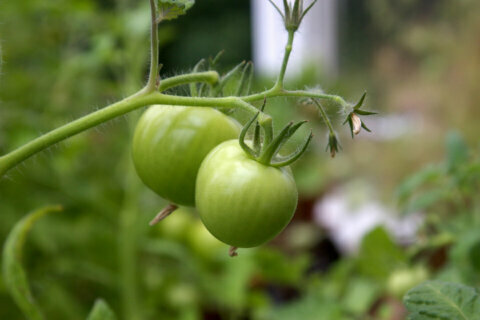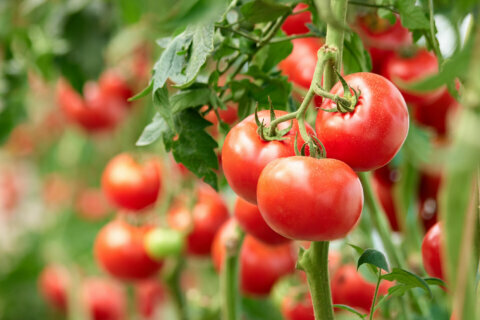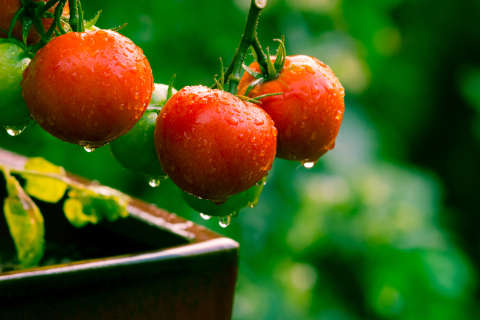There are several important things for gardeners and homeowners to remember when torrential rains hit the area: Don’t add any additional water to this mess.
It’s hard to believe, but I’ve seen more than one sprinkler system pumping away during recent downpours. If your system is on an automatic timer and doesn’t have a rain sensor, shut it down.
If you’re thinking of having an irrigation system installed, make sure it has both a rain sensor and probes that measure the moisture content of your soil at several different spots in your landscape.
An irrigation system that automatically waters for twenty minutes a day every day is the worst possible thing you can do for your poor plants.
How much wood can a woodworker waste?
Todd in Annandale writes:
“I have a home wood shop and recently acquired a lot of old, untreated pine boards that I’m recycling into various projects. This requires them to be run through a planer, which results in a lot of sawdust and fine wood chips that I’ve been using to mulch my azaleas and rhododendrons. I’m wondering if I can also use the sawdust around my roses, and maybe even in my garden around my tomatoes and peppers? I can’t bear to see all this good wood waste end up in the landfill.”
Worst. Idea. Ever. Todd! One of the commandments of gardening is: “Just because you have a lot of something doesn’t mean it should go near your plants.” Rake it away from the azaleas and rhodies ASAP.
Woodsman, stay thy hand
Azaleas and rhododendrons are acid-loving plants that require a low soil pH to thrive. Adding any kind of wood to their base could upset that soil pH.
The ideal mulch for plants that need an acidic soil, such as azaleas, rhododendrons and blueberries, is an inch or two of milled peat moss for acidity covered by an inch or so of yard waste compost for nutrition and soil structure. Not composted manure, though. Horse and poultry manures are extremely nitrogen rich and would limit the number of flowers your plants could produce.
Painting the roses black
Because they originated in very dry climes, roses are prone to many diseases when conditions are wet. Wood is the perfect incubator of disease.
Mulch your roses with sawdust, wood chips or “triple premium shredded bark,” and they will reward you with black spot and mildew, plus house-and-car-staining artillery fungus, stinkhorn fungus and all sorts of other things that you had never hoped to see in your garden.
The only healthy mulch for roses is yard-waste compost, such as Maryland’s Leaf-Gro.
Death to tomatoes
Using sawdust and scraps from pine boards as a garden mulch would infect plants, especially those roses and tomatoes, with dread disease.
You could mix very small amounts of the wood waste into a cooking compost pile. But no more than a cup per 16 cubic foot bin.
Better to take a walk in the woods and scatter it around lightly, where it will eventually return to the earth and become good soil.
Mike McGrath was editor-in-chief of ORGANIC GARDENING magazine from 1990 through 1997. He has been the host of the nationally syndicated public radio show “You Bet Your Garden” since 1998 and WTOP Garden Editor since 1999. Send him your garden or pest control questions at MikeMcG@PTD.net.







